An Educator’s Guide to Distance Learning & Hybrid Teaching – JENNIFER COHEN HARPER (Online Course)
Description:
How you teach students — and how they learn — has been flipped upside down.
Bouncing between in-classroom, remote, and hybrid teaching… you’re expected to quickly modify lesson plans, use digital tools you have little experience with, and find new ways to connect with students to keep them engaged, motivated and safe.
It’s exhausting and frustrating when all you really want is to feel competent and effective in helping each of your students reach their maximum potential.
What can you do to proactively support your student’s social-emotional learning, mental health, and academic needs when you feel like your workload has doubled and parent expectations are on the rise?
This online course brings together top educators and clinicians to provide you with actionable strategies, concrete tools, and go-to curriculums for flexible, hybrid teaching that you can start using right away.
In 8 short video modules totaling over 12 hours of training our experts will share the most effective social-emotional learning, mental health, and academic supports your students need!
Don’t miss your chance to feel more comfortable and capable working in this new landscape so you can have a greater impact on the lives of students counting on you!
Limited Time Bonus! When you register for this course, you’ll also receive a must-have book from Dr. Jennifer Bashant, Ph.D., LMSW, showing you how to adapt classroom strategies to your work with students to improve learning outcomes and increase student engagement.
-
- Low-prep ideas on how to incorporate lessons on resilience, goal setting and self-monitoring
-
- How to produce and deliver engaging asynchronous and synchronous online lessons
-
- Strategies and resources to support K-12 levels of reading, writing and math
-
- Strategies to improve students coping skills for anxiety, stress, anger and frustration
-
- How to use movement, breath-work and mindfulness practices to help students foster personal power and internal safety
-
- Interventions and strategies to address and moderate excessive screen use
-
- Unique approaches for maintaining routine, sensory-based strategies, respiratory-based techniques related to trauma care
-
- Bonus e-workbook, Building A Trauma-Informed, Compassionate Classroom, yours completely FREE!
- PLUS, so much more!
By Savanna Flakes, Ed.S
- Build relationships, connections and belonging in students and teachers
- Relationship rituals to reduce anxiety and strengthen the learning community
- Low-prep ideas on how to incorporate lessons on resilience, goal setting, and self-monitoring
By Christina Reese, Ph.D.
- Integrating student mental health into virtual and/or physical classrooms
- Engagement strategies for tantrums and attention seeking, depression, anxiety, & ADHD
- Assessing symptoms of mental health challenges and providing support virtually
By Tinashe Blanchet, M.Ed.
Nicole Williams, M.Ed
- Create engaging, productive and authentic virtual learning experiences
- Adapt instruction and lesson plans for remote/digital learning
- Produce and deliver asynchronous and synchronous online lessons
- Develop lesson plans that reduce stress, frustration and burnout
By Savanna Flakes, Ed.S.
- Sample schedules, curriculums, and online resources for K-12
- Strategies and resources to support reading, writing, and math
- Creative ways to promote student problem solving and critical thinking skills
By Janine Halloran, LPC
- How students’ needs and windows of tolerance have changed
- Help students manage the emotional climate that is so crucial to connecting and learning
- Coping skills for anxiety, stress, anger and frustration
By Jennifer Cohen Harper, M.A., E-RYT, RCYT
- Generate a sense of internal safety and access their resilience
- Build personal power and foster attuned connection
Tech Addiction in Children & Adolescents: Brain-Based Interventions to Optimize Digital Health in Today’s Screen Culture
By Nicholas Kardaras, Ph.D., LCSW-R
- How screen culture has infiltrated our students’ lives – and what it means for mental health
- The neurological impact of screen-based learning and education
- Strategies and interventions to address and moderate excessive screen use
By Varleisha D. Gibbs, Ph.D., OTD, OTR/L
- Impact of social and collective trauma on students
- Unique approaches for maintaining routine, sensory-based strategies, respiratory-based techniques related to trauma care
- Interactive plans, goals, and vision boards for moving beyond trauma
NLP online course
So what is NLP?
NLP stands for Neuro-Linguistic Programming. Neuro refers to your neurology;
Linguistic refers to language; programming refers to how that neural language functions.
In other words, learning NLP is like learning the language of your own mind!
NLP is the study of excellent communication–both with yourself, and with others.
It was developed by modeling excellent communicators and therapists who got results with their clients.
NLP is a set of tools and techniques, but it is so much more than that.
It is an attitude and a methodology of knowing how to achieve your goals and get results
Preview Information:
Original Page
Archive Page
More Course: NLP – HYPNOSIS – PHILOSOPHY
Outstanding Course:Marisa Peer – Wealth Wiring With Trypnaural Alpha Waves


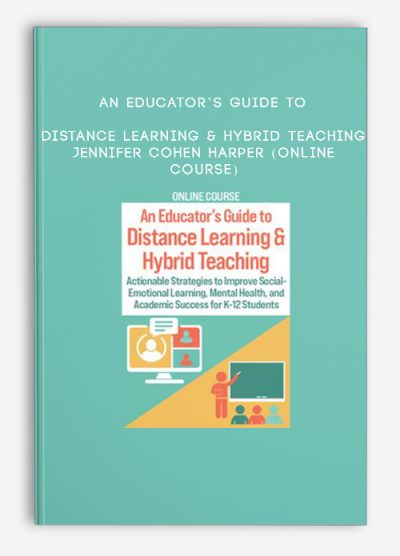
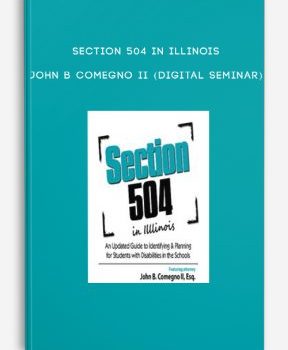
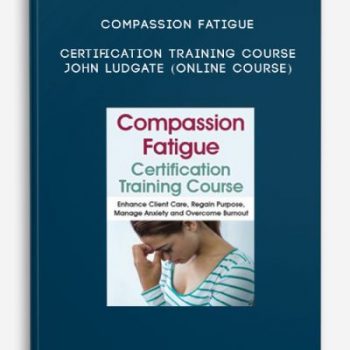
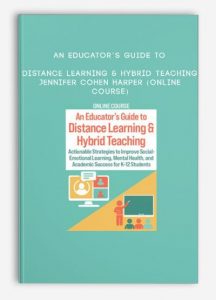
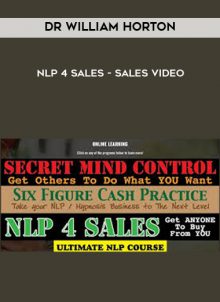


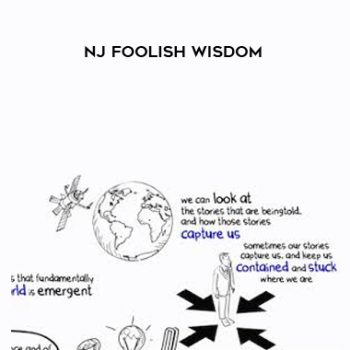




Lord –
This is Digital Download service, the course is available at Vincourse.com and Email download delivery.